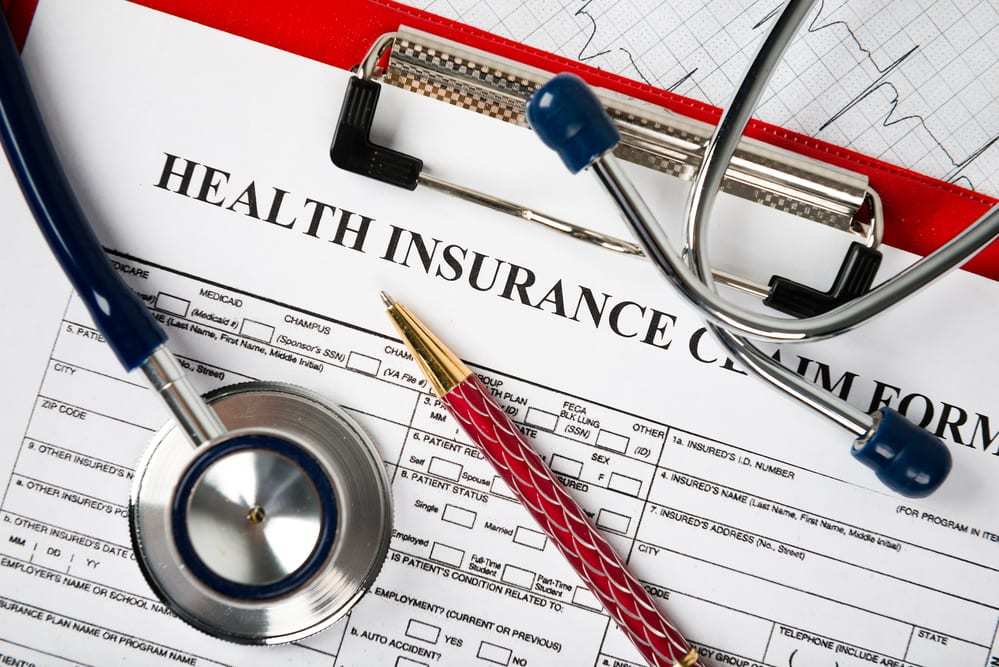If you’re injured in a car collision caused by someone else, you might wonder who is responsible for paying for your treatment. Will your auto insurance policy or the at-fault driver’s insurance policy be responsible? Does health insurance cover auto accidents? Many people have multiple avenues available to get their medical bills paid. However, if you use the coverages in the wrong order, you risk not being able to use certain coverages and/or losing money in the process. After all, none of the insurance companies involved wants to pay your medical bills if they can help it.
Does Health Insurance Cover Auto Accidents?
First, it’s important to note that even if another driver caused the collision, because medical services are provided to you after an auto collision, the bills are your legal responsibility. This is why it’s so vital that you obtain full compensation for your claim. Until you obtain the compensation you deserve, you will be responsible for paying your medical bills.
The Payment Process
After an ambulance or hospital provides necessary health services, they will work with you and your insurance companies to figure out who is responsible for paying which amount. So a few weeks after the collision, you may receive a large bill from the hospital. You should provide the hospital with your insurance policy information so that it can contact your insurance carriers to secure payment. Private health insurance policies typically have copays and deductibles that must be met before coverage kicks in. If you have Medicaid, however, you will not have to pay deductibles or copays for your care.
Your insurance carrier’s degree of responsibility for your auto accident injury care will depend on several factors, including your copays and deductibles, whether you or the other driver was at fault, and the availability and type of automobile insurance coverage. While most health insurance policies will pay for a portion of the medical expenses following a car accident, you may wish to explore using auto liability coverage or medical payments coverage instead.
Types of Coverage
Health Insurance Coverage
Does health insurance cover auto accidents? Yes. However, if you are not at fault for the collision, your insurance company will likely work to get the liable party’s policy to absorb the costs of your care. Until other available types of insurance have been exhausted, your health insurance policy will generally not be responsible for paying for your medical expenses. Even when it does pay, you will typically be responsible for your deductibles, copayments, and any charges that your policy does not typically cover. You may be able to recover your out-of-pocket expenses by including them in your negotiated settlement agreement.
Auto Liability Coverage
Depending on the type of auto insurance you have, your auto insurance policy may or may not cover the initial expenses for treating your accident injuries. For example, if you are at fault for the accident and only have liability coverage, your policy will likely not cover your injuries. If the other driver is at fault, however, his or her insurance policy should be responsible for paying your medical expenses up to the bodily injury policy limits. Keep in mind that these limits can vary greatly depending on the at-fault driver’s insurance policy.
What if liability is in dispute?
Until the claim is resolved, the negligent driver’s auto insurance company will likely refuse to pay your medical bills for the following reasons:
- The insurance carrier wants to avoid paying for your claim if possible.
- The insurance carrier may not agree with the nature and extent of your medical treatment.
- The insurance carrier wants to receive the benefit of your health insurance’s negotiated rates for your medical treatment.
- The insurance carrier hopes that the insured was not at fault or that you share fault.
When the claim is resolved, the payments will be resolved as well.
So if you were injured due to another driver’s negligence, your health insurance company will pay for your claims initially. Then, after the other party has been found legally at fault, your health insurance company will subrogate your claim to recover the amounts that it paid. It will also file a claim against the at-fault driver’s insurance policy.
Medical Payments Coverage
In Missouri, an optional supplemental coverage called medical payments coverage, or “med pay,” is available to people through their auto insurance policies. Medical payments coverage can be used to help you to pay the copays and deductibles required by your health insurance company. It does not have to be repaid to the auto insurance company. It is not fault-based, so it provides coverage regardless of who caused the collision.
However, there are some pros and cons to this type of coverage. For example, your health insurance company negotiates lower rates with hospitals and doctors because of its contractual relationship with them. In many cases, the rates that health insurance companies pay are roughly half of what the hospitals or doctors might normally charge. By contrast, your medical payments coverage through your auto insurance company does not benefit from this contractual relationship, meaning that it will be charged the hospital’s full price up to its policy limits.
An attorney can help you maximize the benefits of your medical payments coverage and your health insurance policy to reduce the total costs of your care.
_____
Paying for medical care after a car accident can be confusing. If you have questions, the attorneys at the Law Offices of Bryan Musgrave can help you to navigate the insurance issues that might be involved. Contact us today to learn more by calling 417-322-2222 or sending us a message online.
Paying for medical care after a car accident can be confusing. If you have questions, the attorneys at the Law Offices of Bryan Musgrave can help you to navigate the insurance issues that might be involved. Contact us today to learn more by calling 417-322-2222 or sending us a message online.

